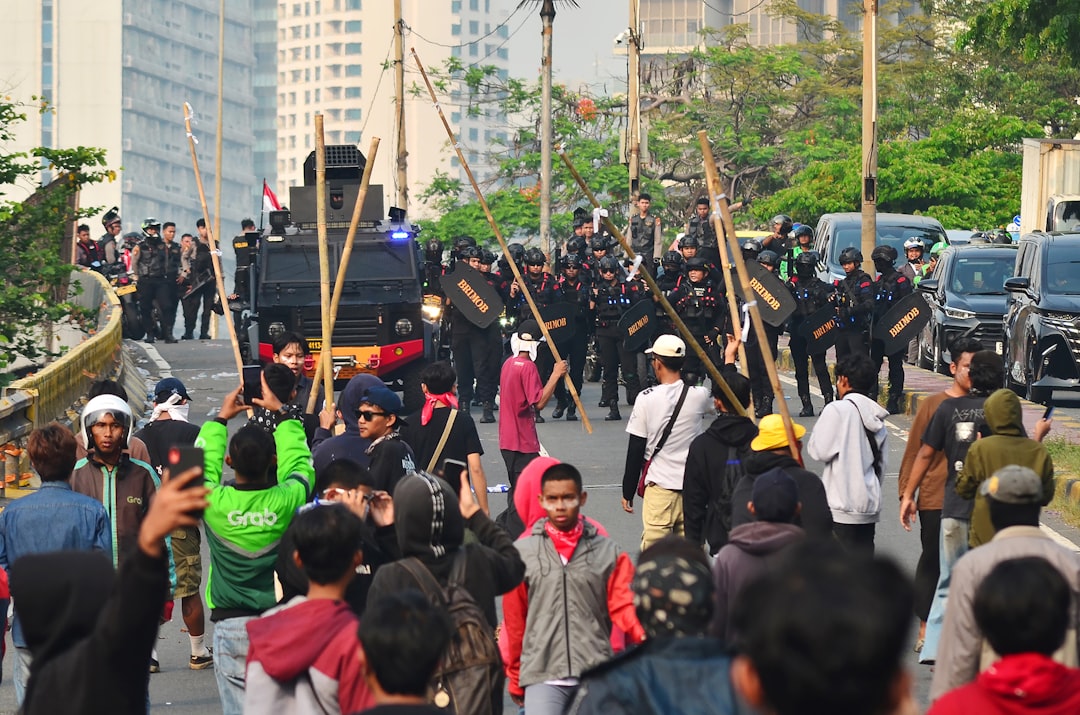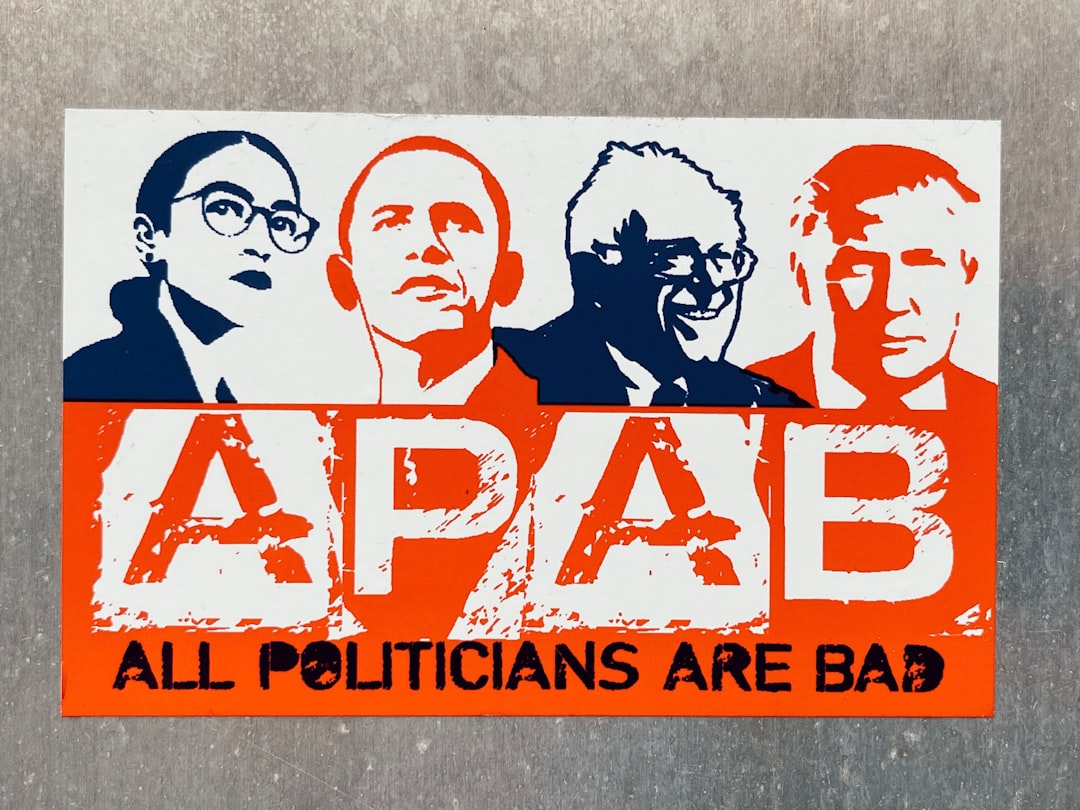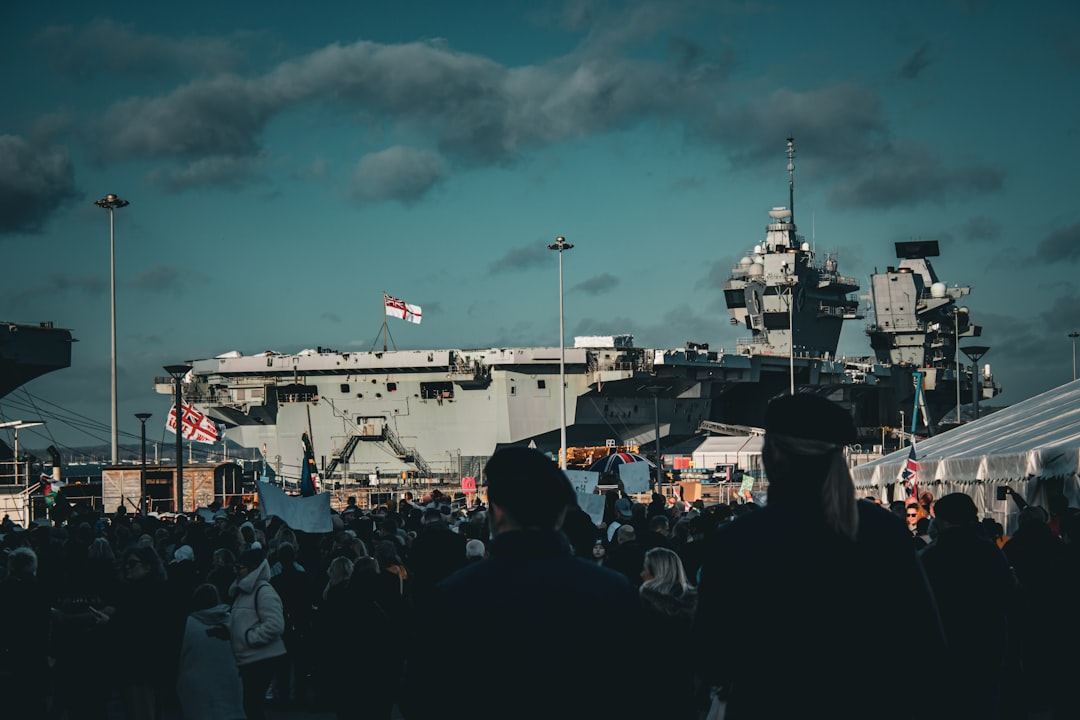Trump Vows to Label Antifa a 'Terrorist Organization' After Influencer's Murder, But There's One Major Problem

In a move that sent shockwaves across the political landscape, former President Donald Trump has declared his intention to designate the decentralized leftist movement known as antifa a "major terrorist organization." The fiery proclamation, delivered via his Truth Social platform, comes just days after the tragic assassination of conservative commentator Charlie Kirk, a crime Trump officials have linked to left-wing extremism.
A Fiery Proclamation
On September 17, Trump took to social media with a characteristically bold statement. "I am pleased to inform our many U.S.A. Patriots that I am designating ANTIFA, A SICK, DANGEROUS, RADICAL LEFT DISASTER, AS A MAJOR TERRORIST ORGANIZATION," he wrote. The former president didn't stop there, adding a stern warning that he would be "strongly recommending that those funding ANTIFA be thoroughly investigated."
A Glaring Disconnect
However, the narrative being pushed by Trump's team appears to clash with the official investigation into Kirk's death. While the former president's announcement heavily implies a link, law enforcement tells a different story. Prosecutors have charged 22-year-old Tyler Robinson in the killing, and in their official statements, they assert that the suspect acted entirely alone. Conspicuously absent from the charges or any prosecutorial documents is any mention of antifa, creating a stark disconnect between the political rhetoric and the facts of the case.
The Legal Quagmire
This dramatic declaration has left legal scholars and national security experts baffled, pointing to a massive legal hurdle. The central question is whether the U.S. government can even designate a domestic, loosely-defined movement like antifa as a terrorist group. Unlike foreign entities such as Al-Qaeda or ISIS, antifa lacks a formal leadership, a clear hierarchy, or a unified membership list. Current U.S. law is primarily structured to target foreign organizations, and experts are deeply skeptical that a legal pathway exists to apply the same label to a domestic ideology.
For those who have followed Trump's career, this threat may sound familiar. This is not the first time he has vowed to take action against the anti-fascist movement, raising questions about whether this latest announcement is a serious policy proposal or a strategic political maneuver. As the debate rages, the line between legal reality and political theater becomes increasingly blurred.


